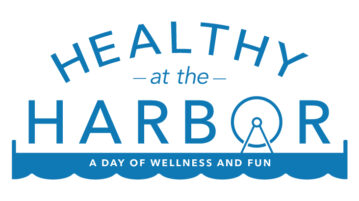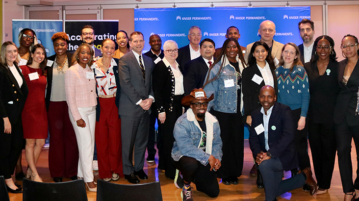By Scott Lusk
The Washington, D.C., area continues to be the second-most desirable U.S. locale for millennials, behind San Francisco and ahead of Boston, New York and Denver – according to a recent survey sponsored by KPMAS.
For the second year, KPMAS supported the Millennial Index, which explores the current climate, anticipates trends, and considers the many elements that will bring millennials — with their unique talents and perspectives — to our region’s workforce. Researchers surveyed 504 adults on 33 factors, including job availability, salary levels, housing and child-care costs.
The information in the Index is a valuable tool for anyone wishing to better understand, attract, manage or retain Millennials in the greater Washington area.
The Millennial Index is one of many ways that KPMAS shows its commitment to advancing clinical care and supporting innovation and diversity in the healthcare industry.
The Millennial Index is compiled by American University’s Kogod School of Business.
Many of the report’s highlights are below. You can also read the entire report here.
Highlights from the Millennial Index
- More than 60% of Millennials in the greater Washington area drive to work
- DC area Millennials have not given up on the traditional goals of marriage and children:
- 35% are married, another 15% are coupled and 21% have children at home
- Student loan debt is not oppressive:
- 42% have no student loan debt and only 14% pay $600 or more per month
- The region’s amenities and people are the least important factors, with less than 20% ranking one or the other as their top priority when choosing where to live and work
- Over half of Millennials surveyed could use Metro to commute but don’t because it’s too unreliable, expensive and/or time consuming
- Only 43% agree that DC is a manageable, highly livable city and almost half say the Washington area is too expensive to live here forever
- Very few Millennials are interested in starting their own business within the next five years
- Only 16% of Millennials rank saving for retirement as one of their top two goals over the next three to five years
- Among non-traditional benefits, Millennials are very interested in paid sabbaticals after five years of employment and home ownership savings accounts
- Overall, the greater Washington area remains attractive to Millennials, and at a high margin compared to most other top cities
- As Millennials age, their focus shifts to family life, and they may question the long-term viability of remaining in the region
- The area’s job market is among the best in the country, but the high cost of living, horrendous traffic and high crime levels can make both their daily lives and their future prospects look unsatisfactory




